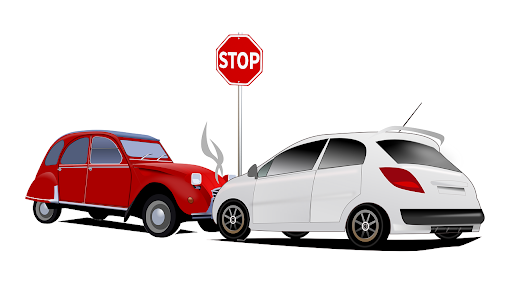As drivers, we all know how expensive car insurance can be. With all the bills piling up monthly, auto insurance rates might be one of your biggest expenses. But did you know that several factors can influence your auto insurance rate? These include your driving record, credit history, age, gender, and the type of vehicle you own. This blog explores these five factors in detail.
Driving Record
Your driving record is one of the most important factors that impact your auto insurance rate. If you have a clean driving record with no tickets or accidents in the past few years, you’ll likely get better rates from Maryland insurance brokers. If you have a history of multiple claims, insurance companies may view you as a higher risk, potentially leading to increased scrutiny or more stringent claims handling procedures in the event of an accident.
Remember that insurers look at multiple elements when assessing your driving records, like speeding tickets, DUI/DWI charges, and other violations. Some insurance companies have strict eligibility requirements, and a history of major violations or multiple accidents may result in being denied coverage by certain providers. You should seek coverage from specialized insurers who cater to high-risk drivers.
Credit History
Insurance companies have found correlations between credit history and insurance risk. Statistical analysis has shown that individuals with lower credit scores may be more likely to file insurance claims. As a result, companies consider a lower credit score to indicate increased risk and may adjust your premiums accordingly.
Based on your credit history, insurance scores are used to assess your overall risk as an insured individual. Factors such as payment history, credit utilization, length of credit history, and types of credit accounts are considered when calculating your insurance score. Poor credit history or a lower credit score may result in higher premiums.
A very poor credit history or low credit score may sometimes impact your eligibility for coverage with certain companies. They may choose not to provide coverage or offer limited options based on their risk assessment.
It’s important to note that regulations regarding using credit history in insurance ratings can vary by state. Some states restrict the use of credit scores in determining insurance rates or prohibit it altogether. Conversely, other states allow insurers to use credit history as a rating factor.
If your credit history affects your rates, insurance companies are typically required to inform you and provide an explanation. They should also allow you to review and correct any credit report errors that may impact your score.
Age
Getting auto insurance in Frederick, Maryland, can be costly for teenage drivers. If you’re a new driver, your lack of experience on the road will cause your rates to rise compared to more experienced drivers. This is because new driving license holders are not yet mandated by law to take extra-difficult driving tests like the ones offered for CDLs. As people age, their likelihood of getting involved in car crashes decreases, leading to lesser premium costs; as long as they have a clean driving record.
Gender
Gender stereotypes don’t always play out when determining auto insurance rates. However, studies have shown that, in general, men tend to drive fast and recklessly, thus more likely costing insurers money regarding claims than women. Women tend to drive much safer, meaning fewer claims are normally filed. Various auto insurance policies offer policies by weighing gender.
It’s important to note that insurance regulations and practices can vary between different states and countries. Additionally, insurance companies may use different rating factors and place varying degrees of importance on gender as a determinant of premiums. To understand how your gender influences your auto insurance premium, it’s best to consult with your insurance provider or obtain quotes from multiple insurers to compare rates.
Type of Vehicle
The value of your vehicle plays a role in determining insurance premiums. Generally, more expensive vehicles require higher insurance coverage limits, which can result in higher premiums. Luxury cars or high-end vehicles tend to have higher repair or replacement costs, which can contribute to higher insurance rates.
Different makes and models of vehicles have varying safety records, theft rates, and repair costs. Insurance companies analyze historical data on claims associated with specific vehicle makes and models. Cars more likely to be involved in accidents or targeted by thieves may lead to higher premiums.
The presence of safety features in your vehicle can reduce your premium. Features such as anti-lock brakes, airbags, traction control, lane departure warning, forward collision warning, and others can make your vehicle safer and lower the risk of injuries or damages, thus resulting in lower costs.
Insurance companies often consider crash test ratings and safety records of vehicles. Vehicles with higher crash test ratings and safety standards are generally associated with lower premiums because they tend to have better protection for occupants in the event of an accident.
The cost of repairing a vehicle can influence premiums. If a particular make or model has expensive or rare parts, repair costs can be higher, resulting in higher insurance costs. The likelihood of a vehicle being stolen is also taken into account. If thieves frequently target the make and model of your vehicle, it can increase the risk of theft-related claims and potentially lead to higher premiums.

